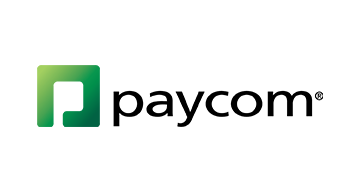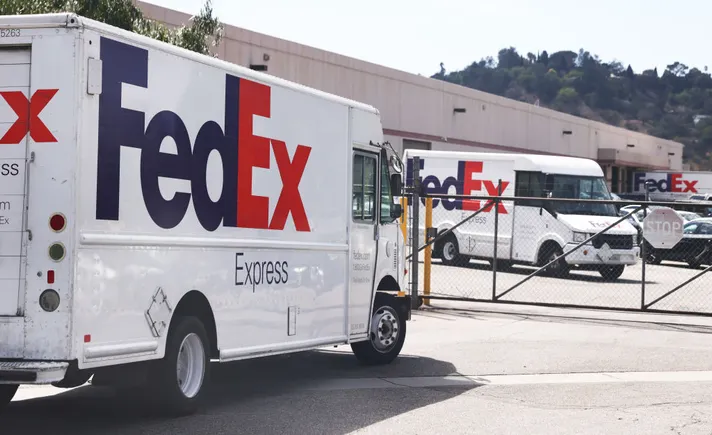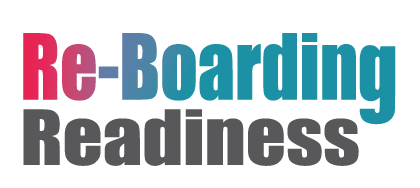Rising healthcare costs are affecting orgs across all industries and sizes—and small to medium-sized businesses are being particularly hard-hit.
A report out last week from payroll and HR solutions provider Gusto highlighted the impact: The median health insurance premiums at small businesses jumped 23% in the last three years, a full 13% higher than the inflation rate. Premiums at organizations with five or fewer employees outpaced inflation by a full 18% in the same time period—hitting about $8,500 per employee this year.
These numbers could continue to soar, as employers brace for the biggest hikes to health insurance premiums in 15 years.
For SMBs, lack of access to benefits experts and the reality that many smaller businesses are family-owned—with leaders wanting the most comprehensive coverage for their families—are among the factors driving the increases, Gusto found.
Yet, rising healthcare costs aren’t deterring small orgs from offering health insurance. Nearly a quarter of SMBs surveyed offer health insurance, a rate that has stayed steady in recent years.
And the median employer contribution has only dropped from 70% to 68% in the last three years.
“Because roughly 46% of Americans work at small businesses, the ability of small companies to affordably offer health benefits to their employees is a critical national priority,” researchers wrote. “Health insurance is not a discretionary expense, but a core component of compensation and a vital tool for attracting and retaining talent.”
Rising healthcare costs = rising popularity of HSAs
How are small businesses managing rising healthcare costs? According to Gusto’s study, many are turning to health savings accounts. Five years ago, about a third of those Gusto surveyed offered their employees HSAs; this year, that figure stands at almost 48%.
HSAs offer lower monthly premiums—with a tradeoff of higher deductibles—and enable employees to save pre-tax dollars for future needs. At the same time, researchers wrote, HSAs give employees more choice over their coverage.

Gusto economist Andrew Chamberlain tells HR Executive that SMBs are “getting creative” with plan design—leveraging HSAs as well as other pre-tax savings options, defined contributions plans and tiered options.
As healthcare costs are expected to continue soaring in 2026, he says, organizations of all sizes can look to how SMBs have adapted to rising healthcare needs—with talent needs at the forefront.
“SMBs’ agility in the face of uncertainty,” Chamberlain says, “offers valuable lessons for larger employers to take note of: staying close to employees, listening to what benefits they value most and adapting accordingly.”






















